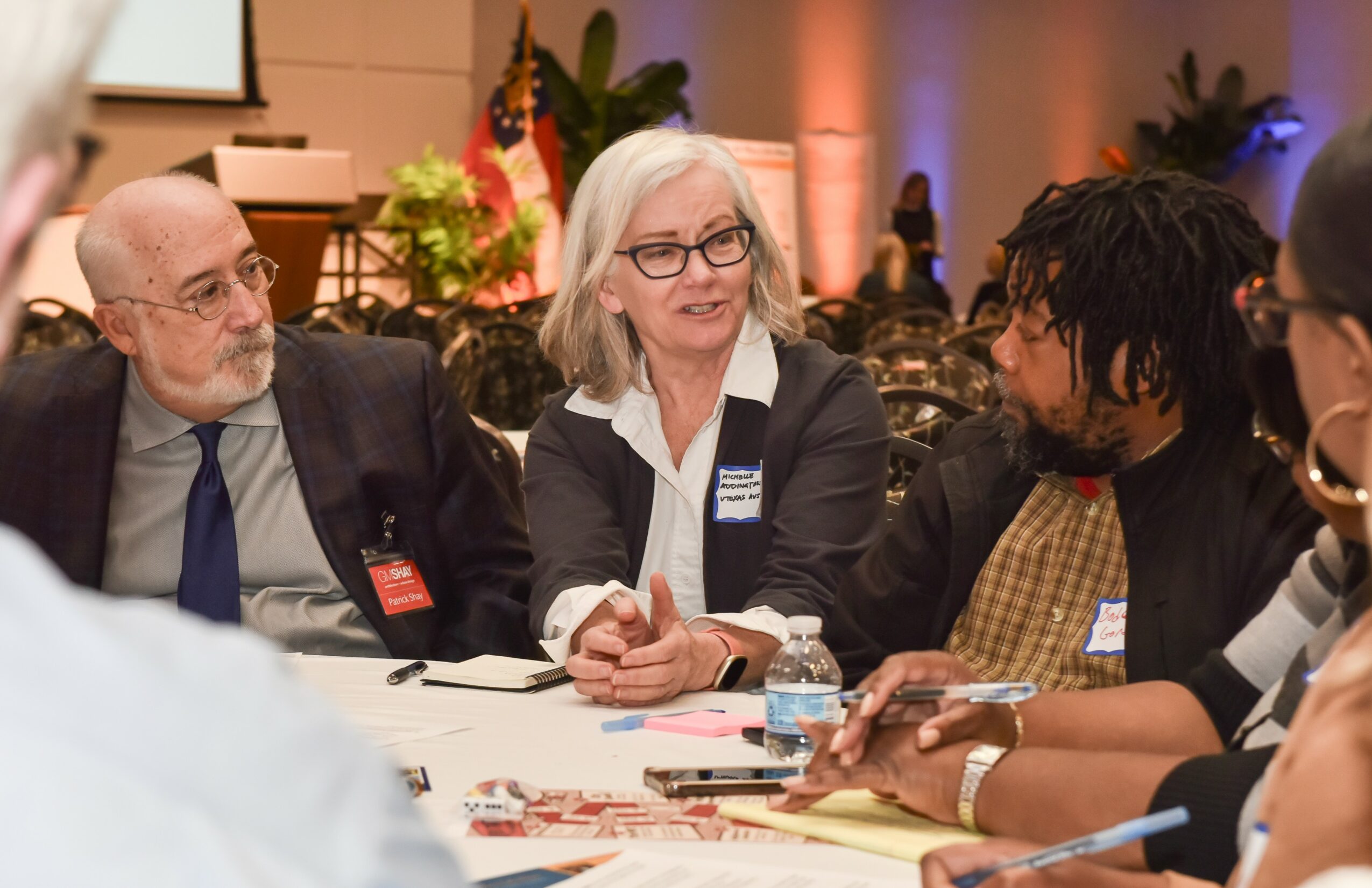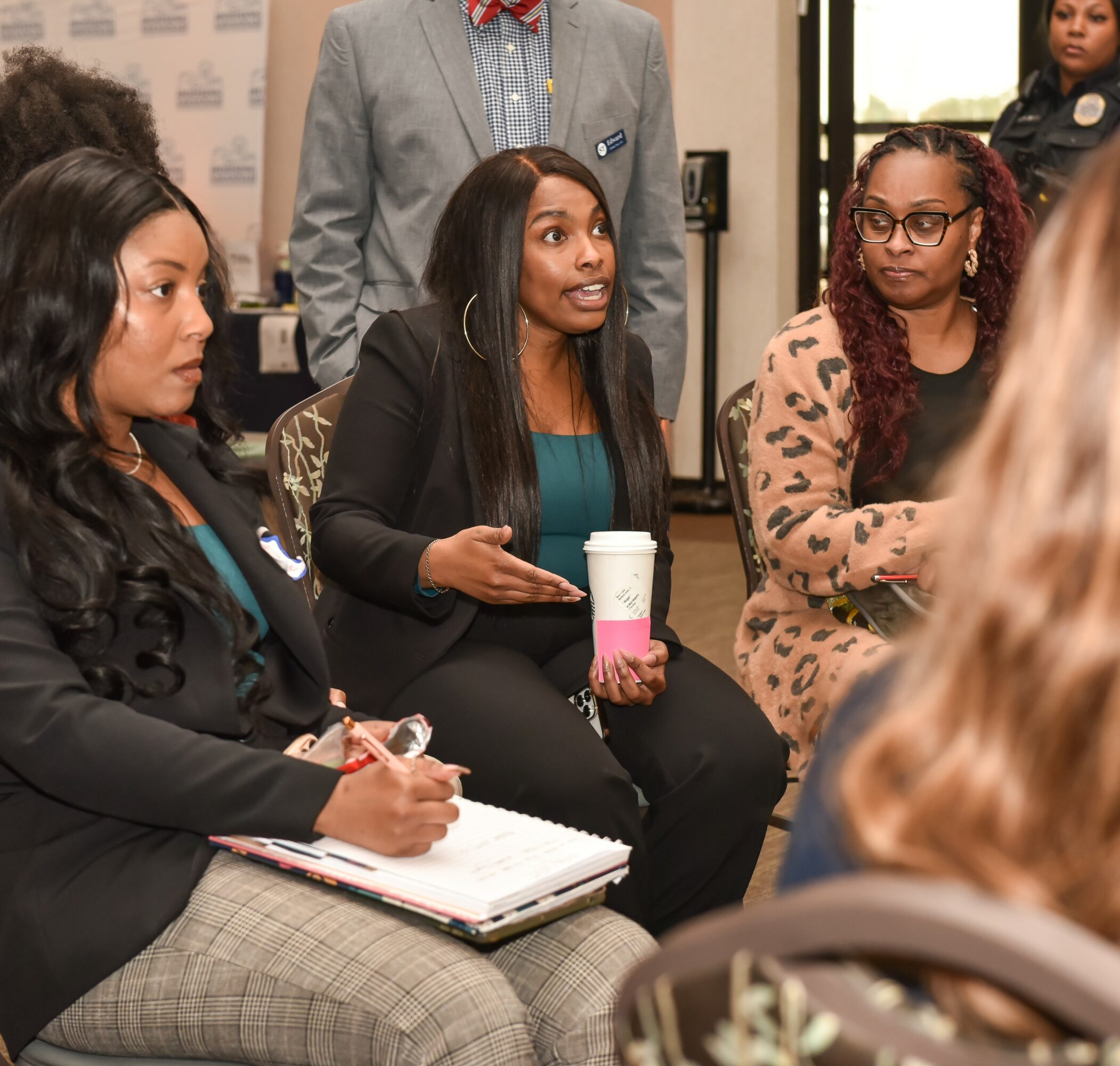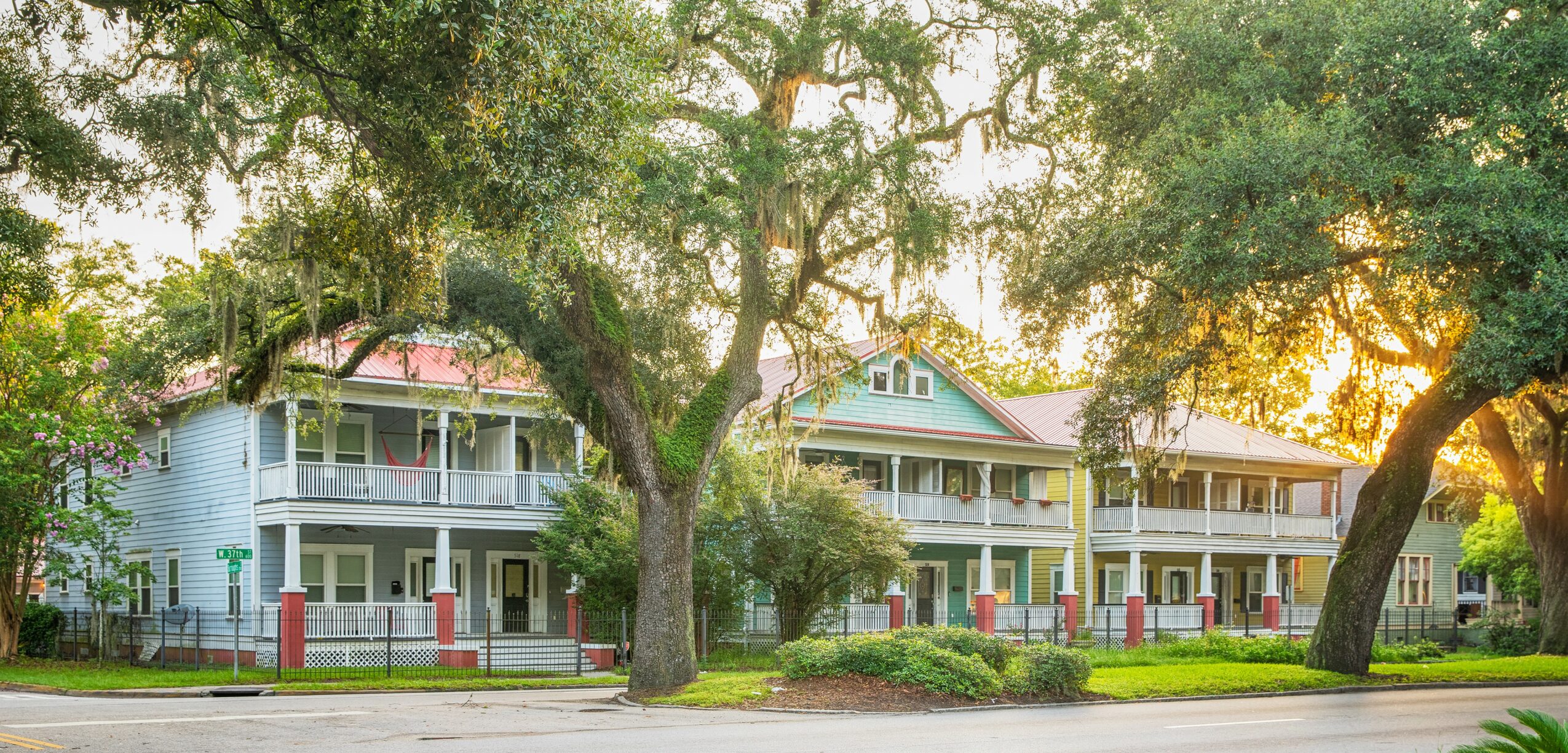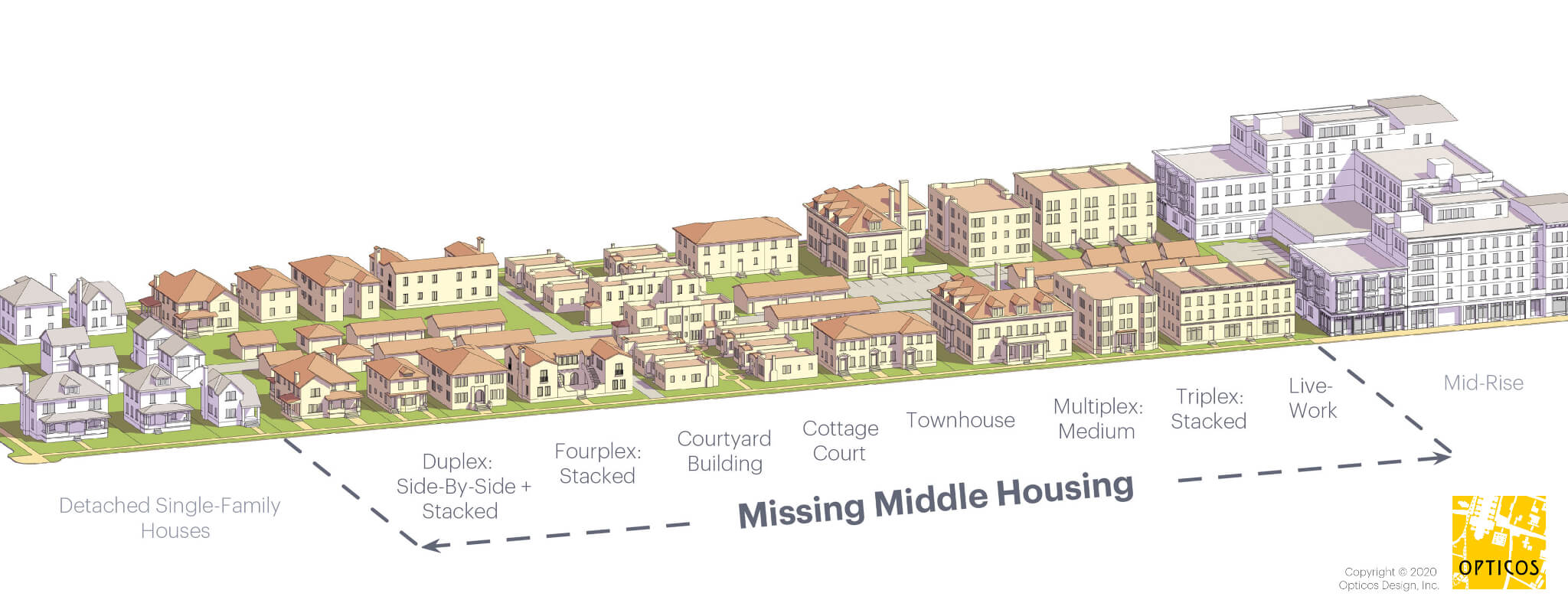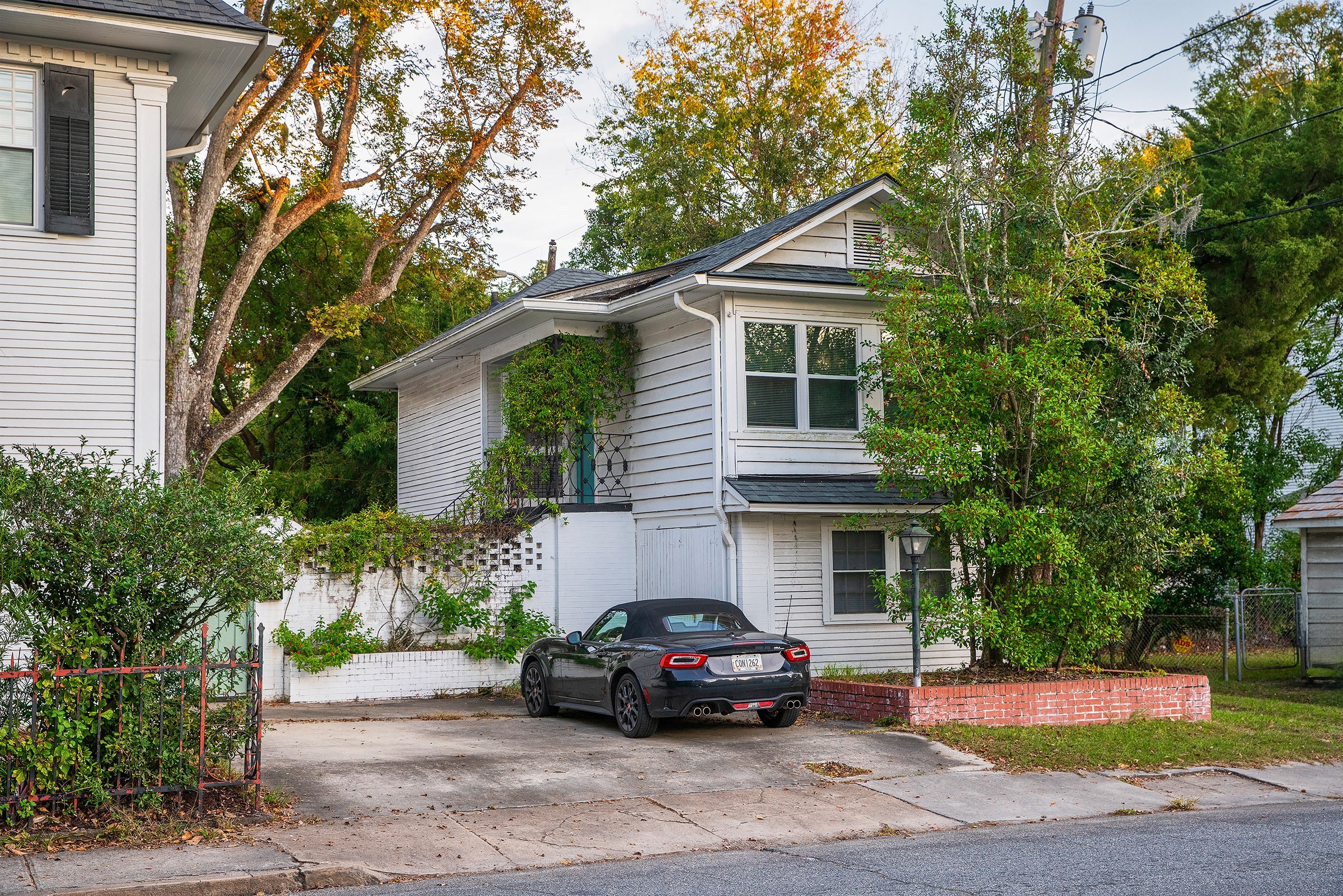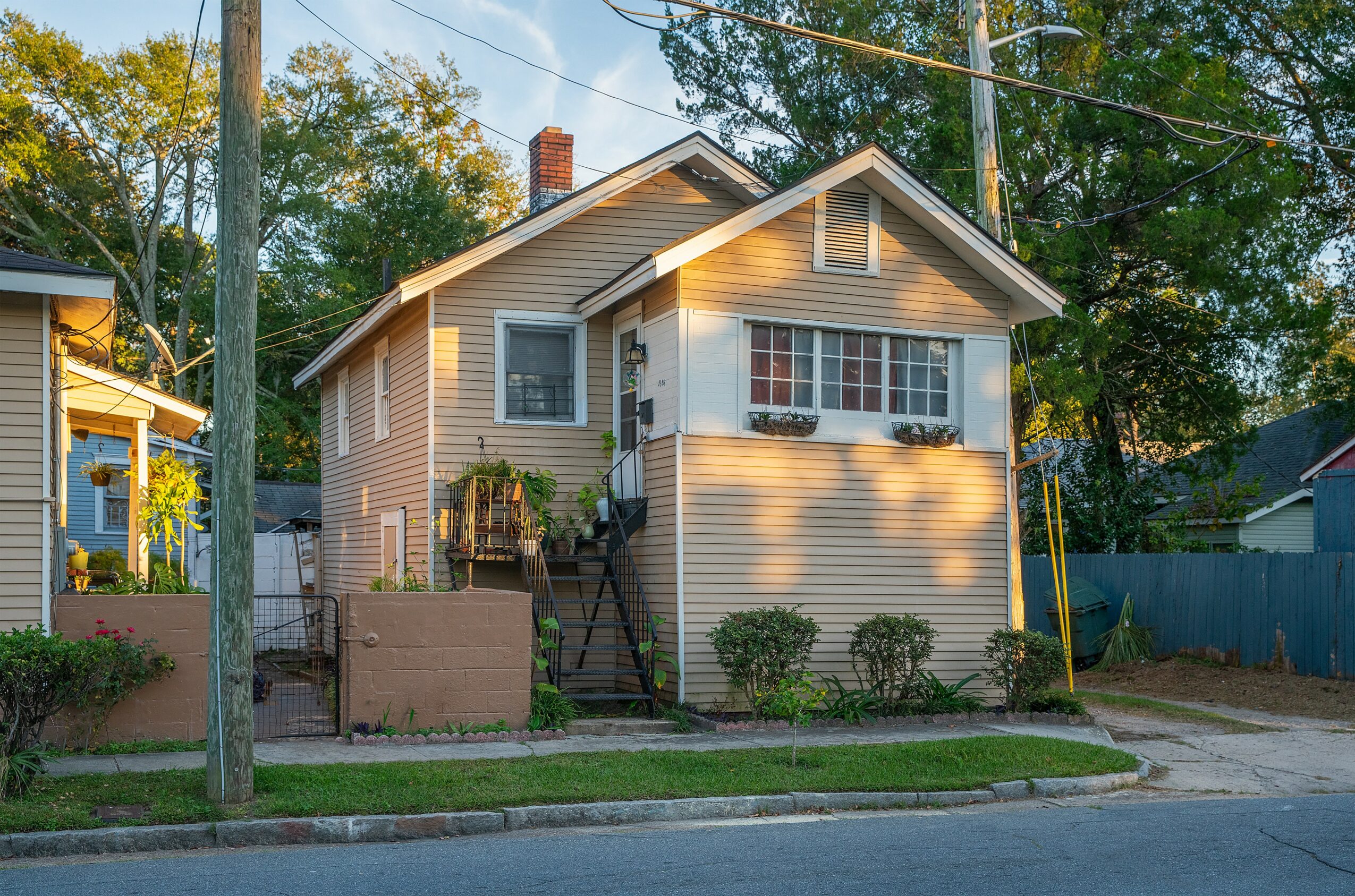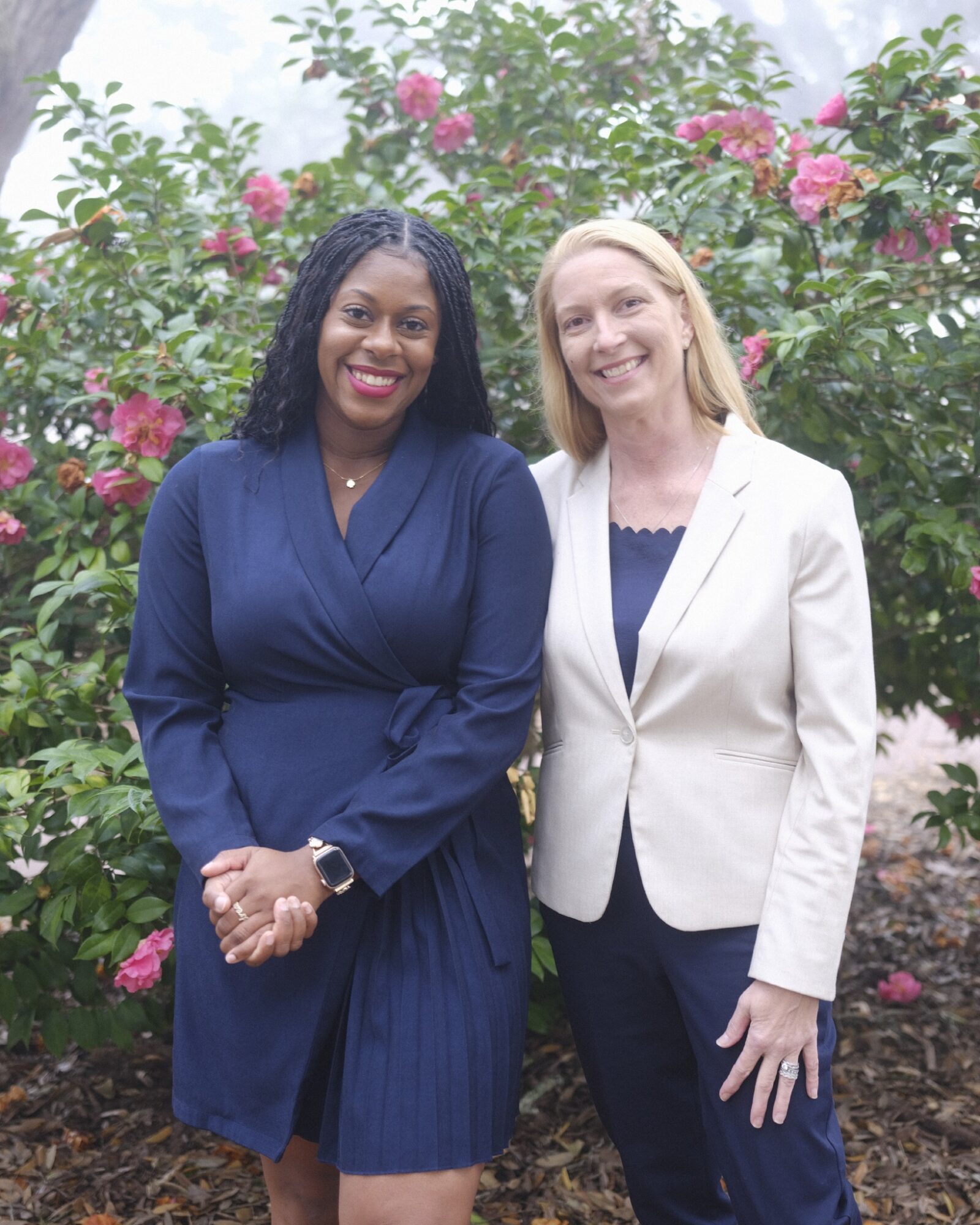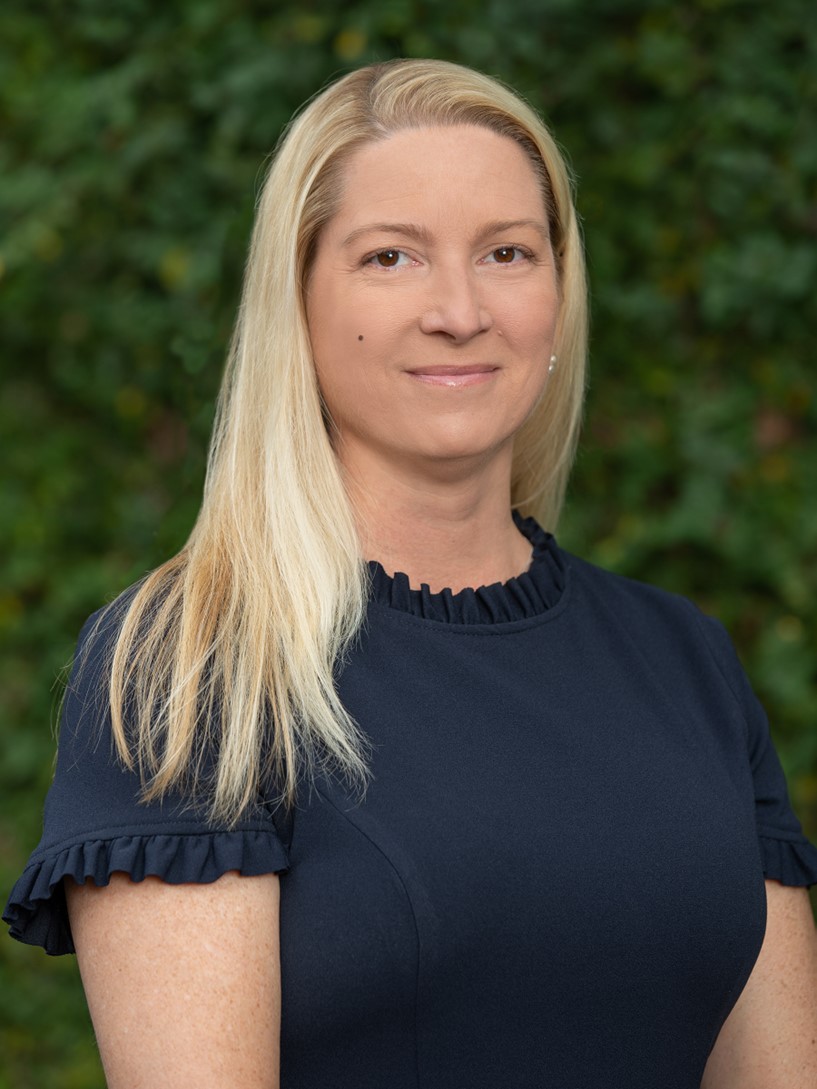

Today we’d like to introduce you to Laura Lane McKinnon
Hi Laura Lane, please kick things off for us with an introduction to yourself and your story.
I have a background in traditional non-profits, with experience across various sectors, including historic preservation, higher education, homelessness, intellectual and developmental disabilities, and healthcare. Throughout my 25+ year career, every role I’ve held has intersected with housing in some way. This consistent connection reinforced my belief that housing is the foundation upon which we build our lives. Bringing these diverse perspectives together to focus on this critical issue has been incredibly rewarding.
Housing Savannah was born out of a City of Savannah initiative—specifically the Housing Task Force that Mayor Johnson convened in 2020. That task force examined our community’s housing challenges and opportunities and ultimately recommended the creation of a nonprofit to educate, advocate, and fundraise for the Savannah Affordable Housing Fund. From that recommendation, Housing Savannah was established in 2022.
I was honored to become the organization’s first executive director in the fall of 2022, and since then, I’ve focused on collaboration, education, advocacy, and fundraising for a variety of housing initiatives. One of the first things I realized was that our community lacked a common understanding and shared language around the housing challenges we’re facing. There wasn’t a clear picture of what work was being done, where the gaps were, or how we could better align efforts to maximize impact. Over the past two years, we’ve worked to map out the local housing landscape—identifying what’s working, where overlaps exist, and where additional resources are needed. I’ve also spent time studying best practices from communities across the country and around the world to bring innovative and effective solutions to Savannah.
Now, we are at a critical stage—distilling this complex, multi-layered issue into clear, accessible information so that everyone, even those not focused on housing every day, can understand how we got here and what it will take to move forward. There are many myths and misunderstandings, and too often, assumptions about why housing has become so unaffordable overshadow real solutions.
We envision a Savannah where housing is not just an afterthought but a priority—where policies, investments, and community efforts are aligned to create an adequate, diverse, and affordable supply of housing for all. This means building more homes of all types, preserving affordability where possible, and ensuring that housing policies are equitable and inclusive. A thriving Savannah requires housing options that support people at all income levels, at every stage of life.
To get there, we need a collective commitment—from individuals, businesses, policymakers, and community organizations—to treat housing as essential infrastructure. That means supporting policies that encourage housing development, streamlining regulations that slow down construction, funding affordable housing initiatives, and advocating for creative solutions that expand access to homeownership and rental opportunities.
Housing is not just a challenge for policymakers or nonprofits to solve—it’s a community-wide issue that affects us all. Everyone has a role to play. I encourage you to educate yourself on housing issues, attend public meetings, and ask local leaders what they’re doing to address housing challenges. Support policies that promote housing growth and affordability. Speak up for smart, inclusive development that benefits the entire community. If you’re in a position to do so, contribute to local housing funds, support affordable housing projects, or work with businesses that invest in workforce housing. Help dispel myths about affordable housing and who it serves—housing stability benefits everyone, strengthening neighborhoods, businesses, and local economies.
We can build a more equitable, sustainable housing future—but only if we work together. The time to act is now.
I’m sure it wasn’t obstacle-free, but would you say the journey has been fairly smooth so far?
The road has certainly not been smooth, but that’s to be expected when working on an issue as complex and deeply rooted as housing. One of the biggest challenges has been shifting perspectives—helping people see housing not just as an individual concern, but as a community-wide issue that affects economic stability, workforce development, and overall quality of life.
Another challenge has been addressing resistance to change. Even when people acknowledge the need for solutions, implementing those changes often requires overcoming deeply ingrained habits, policies, and ways of thinking. Housing, in particular, is an area where people hold strong opinions based on personal experience, and breaking through myths and misconceptions has been an ongoing effort.
Additionally, navigating bureaucracy and systemic inefficiencies has been a significant hurdle. The processes involved in housing policy, funding, and development can be slow-moving and fragmented. Aligning stakeholders, cutting through red tape, and ensuring that resources are effectively leveraged requires persistence, collaboration, and a long-term vision.
Despite these challenges, I remain optimistic. Progress is happening, and the more we engage in honest conversations, share data-driven insights, and build broad-based coalitions, the closer we get to real, lasting solutions.
Can you tell our readers more about what you do and what you think sets you apart from others?
Me personally, I’ve spent my career in the non-profit world, working across a variety of sectors, but no matter the role, housing was always a common thread. I’ve seen firsthand how access to stable, affordable housing impacts every aspect of life—health, education, economic opportunity, and community stability.
I think my specialty is in connecting people, ideas, and resources to tackle big challenges. I’m most comfortable behind the scenes—researching, analyzing data, and methodically working through problems until I find a solution. I’m incredibly curious and love diving deep into complex issues, breaking them down, and finding practical ways to address them.
At my core, I’m a bridge builder and consensus builder. I firmly believe that even when people have different experiences or don’t see eye to eye, they can still find common ground, work together, and add value to a situation. I believe in fostering dialogue, challenging assumptions, and bringing people together to create solutions that work for everyone.
I’d like to think I’m known for shifting perspectives and helping people see the bigger picture. And, aside from my family, what I’m most proud of is helping change the conversation around housing in Savannah—helping people recognize that this isn’t just a policy issue; it’s a community-wide challenge that affects us all.
What sets me apart? I take a big-picture approach but stay focused on action. I don’t just talk about change—I work to make it happen by cutting through red tape, fostering collaboration, and pushing for practical, lasting solutions.
As for the organization, Housing Savannah is dedicated to advancing housing initiatives that create lasting, community-wide impact. We bridge gaps—between policies, funding, organizations, and public understanding—to create a more effective and coordinated approach to affordable housing.
Our work focuses on collaboration, education, advocacy, and fundraising to ensure that housing remains a top priority. We help bring partners together to align efforts, understand the challenges, promote policies that expand access to affordable housing, and mobilize resources to support critical housing initiatives.
What makes us different? We don’t just focus on one aspect of housing—we look at the whole system. We identify gaps, maximize resources, and ensure housing remains a top priority for the entire community.
I’m most proud of how we’re shifting the conversation. We’re helping people see that housing isn’t just about affordability—it’s about building a stronger, more equitable community for everyone. We’re breaking down misconceptions, fostering productive dialogue, and making sure that even those who don’t focus on housing every day can understand why it matters. And most importantly, we’re turning that understanding into real action.
Do you have any advice for those just starting out?
If you’re just starting out in the non-profit world, my biggest piece of advice is to follow your passion, but also stay open to where the work takes you. You may begin with a clear idea of what you want to do, but along the way, you’ll discover new challenges, opportunities, and ways to make an impact that you never expected. Some of the most meaningful experiences in my career came from being willing to step outside my comfort zone and say “yes” to things I hadn’t originally planned for.
Non-profit work requires persistence, patience, and a willingness to tackle complex, sometimes frustrating problems. Real change takes time, and the work is often slow and very, very messy. But if you stay focused on the mission, keep learning, and surround yourself with people who challenge and inspire you, you’ll find the work deeply fulfilling.
But what I wish that I had known earlier in my career is not to take criticism so personally, which is really difficult! In non-profit work, you’re often trying to solve big, systemic problems, and not everyone will agree with your approach. There will always be people who disagree with you, question your decisions, or resist change. That’s okay.
What I’ve learned is that criticism—when it’s constructive—can be valuable, but it doesn’t define you or your work. Not everyone will see things the way you do, and that doesn’t mean you’re on the wrong path. Stay true to your values, trust in the work you’re doing, and don’t let fear of criticism hold you back. The people who make the biggest impact are the ones willing to push forward, even when things get tough or when the solution is one that is unpopular because it’s unfamiliar or difficult.
My advice for those who are just becoming aware of housing issues is to start by educating yourself. Housing is a complex, layered issue, often misunderstood due to myths, misinformation, and political rhetoric. Take the time to learn about the root causes of housing challenges—historical policies, economic factors, zoning and building code regulations, and systemic inequities.
It’s also important to recognize that housing issues affect everyone, not just those struggling to afford a home. The availability and affordability of housing impact local economies, workforce stability, public health, and overall community well-being. The more you understand this, the better equipped you’ll be to contribute to meaningful solutions.
And if you’re interested in stepping into the work of solving housing challenges—whether as an advocate, policymaker, developer, or concerned citizen—be prepared for resistance. Housing touches on deeply personal and economic concerns, and people often react emotionally to change, even when they support the idea of affordability in theory. Expect pushback, but don’t let it discourage you.
Collaboration is key. No single person, organization, or sector can fix housing on its own. Building partnerships across government, business, non-profits, and communities is essential. Be a bridge builder—help people see where their interests align rather than focusing on their differences.
Finally, stay committed for the long haul. Housing solutions don’t happen overnight. Policies take time to change, funding takes time to secure, and projects take time to build. But every effort—no matter how small—moves us forward. So, stay engaged, keep learning, and don’t be afraid to challenge the status quo.
Contact Info:
- Website: https://www.HousingSavannah.org
- Instagram: @HousingSavannah
- Facebook: @HousingSavannah
- LinkedIn: @HousingSavannahInc
- Other: https://linkedin.com/in/lauralanemckinnon
